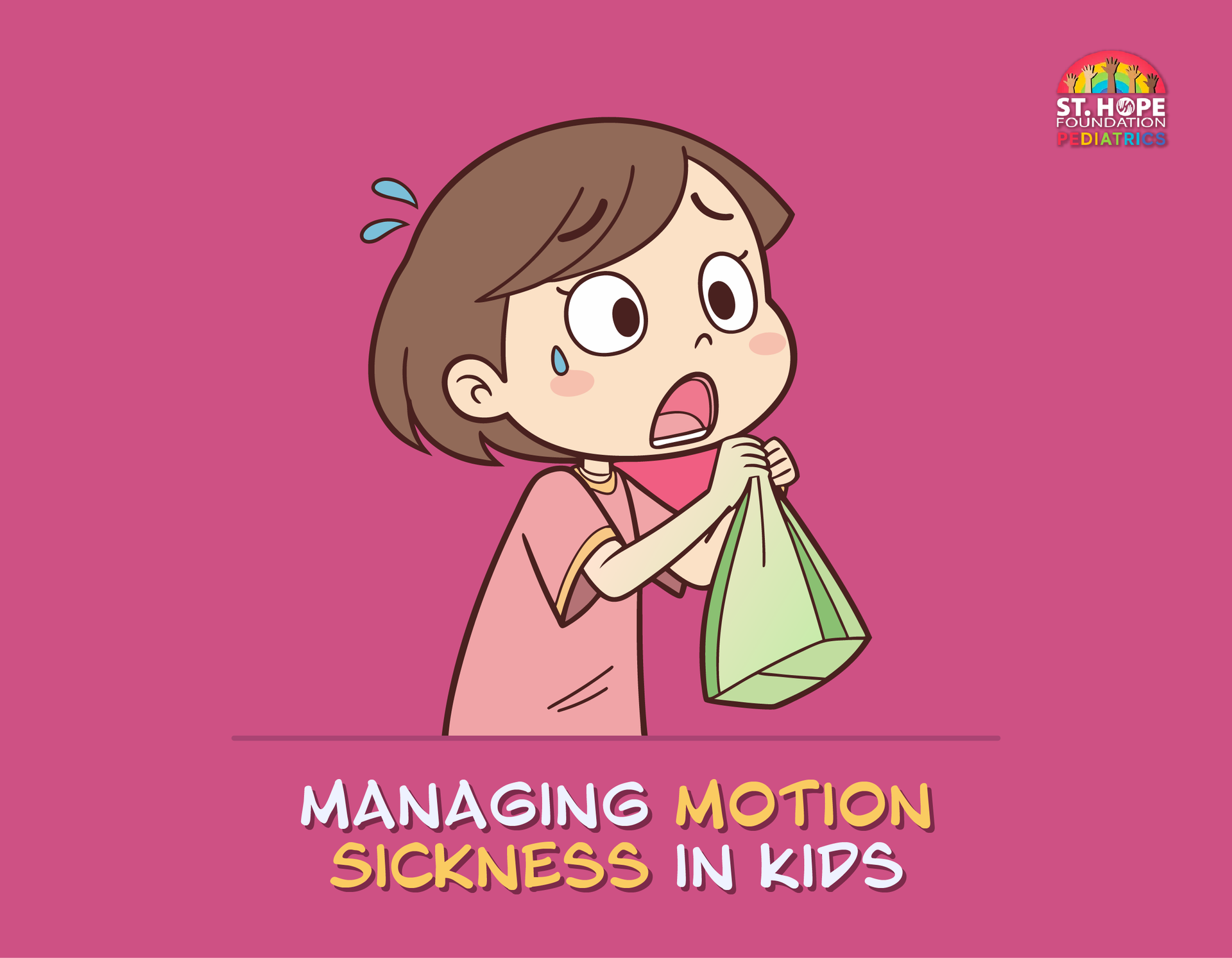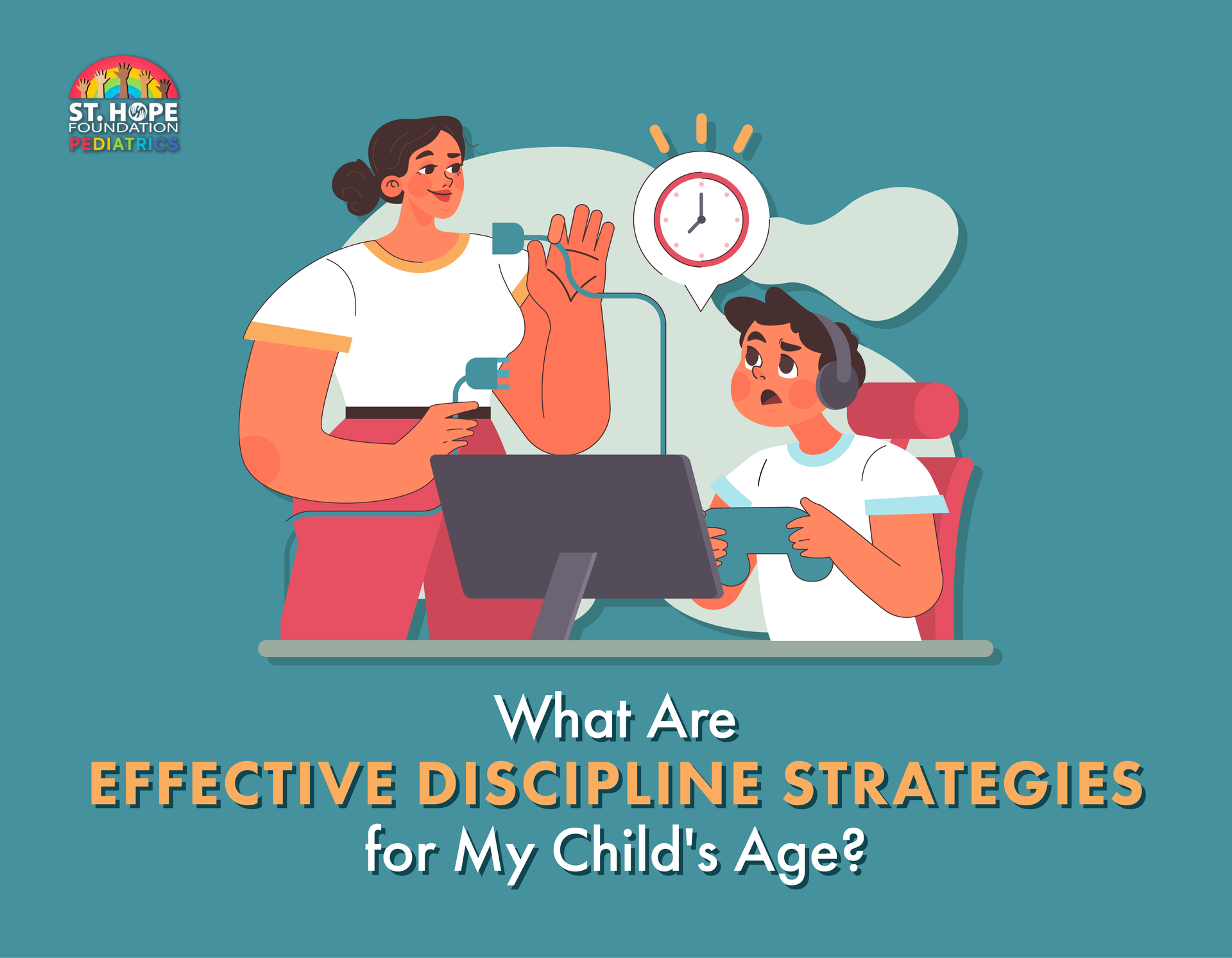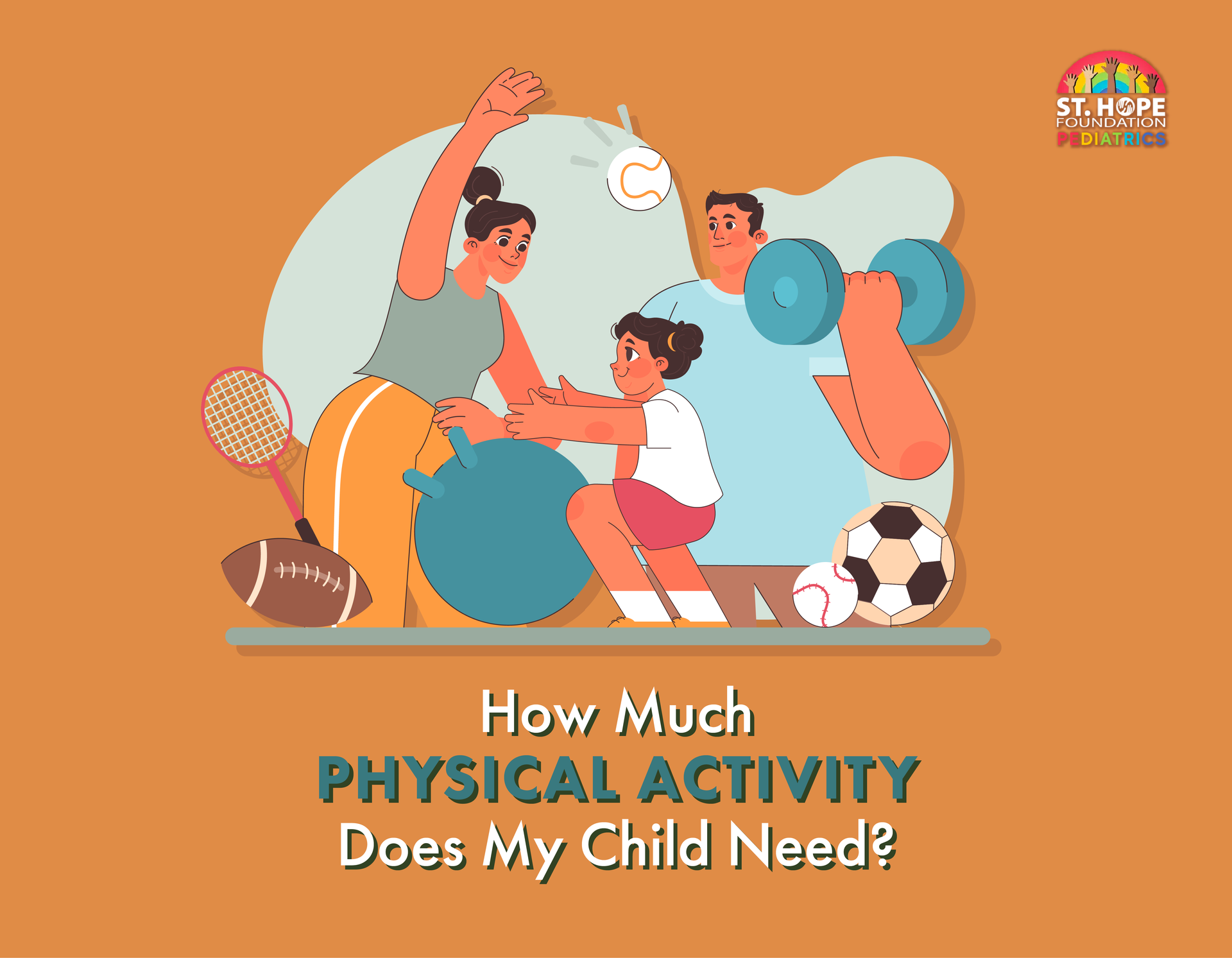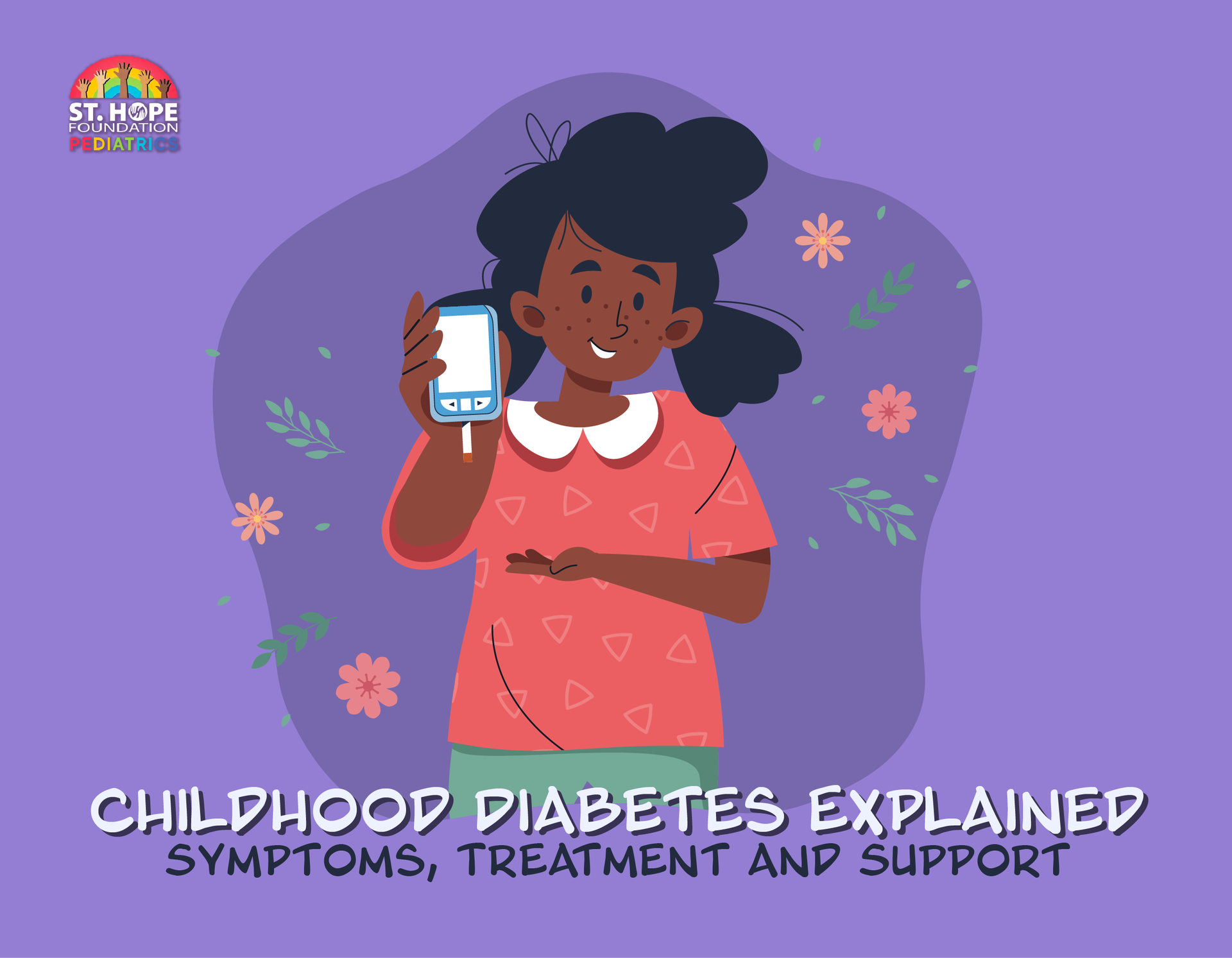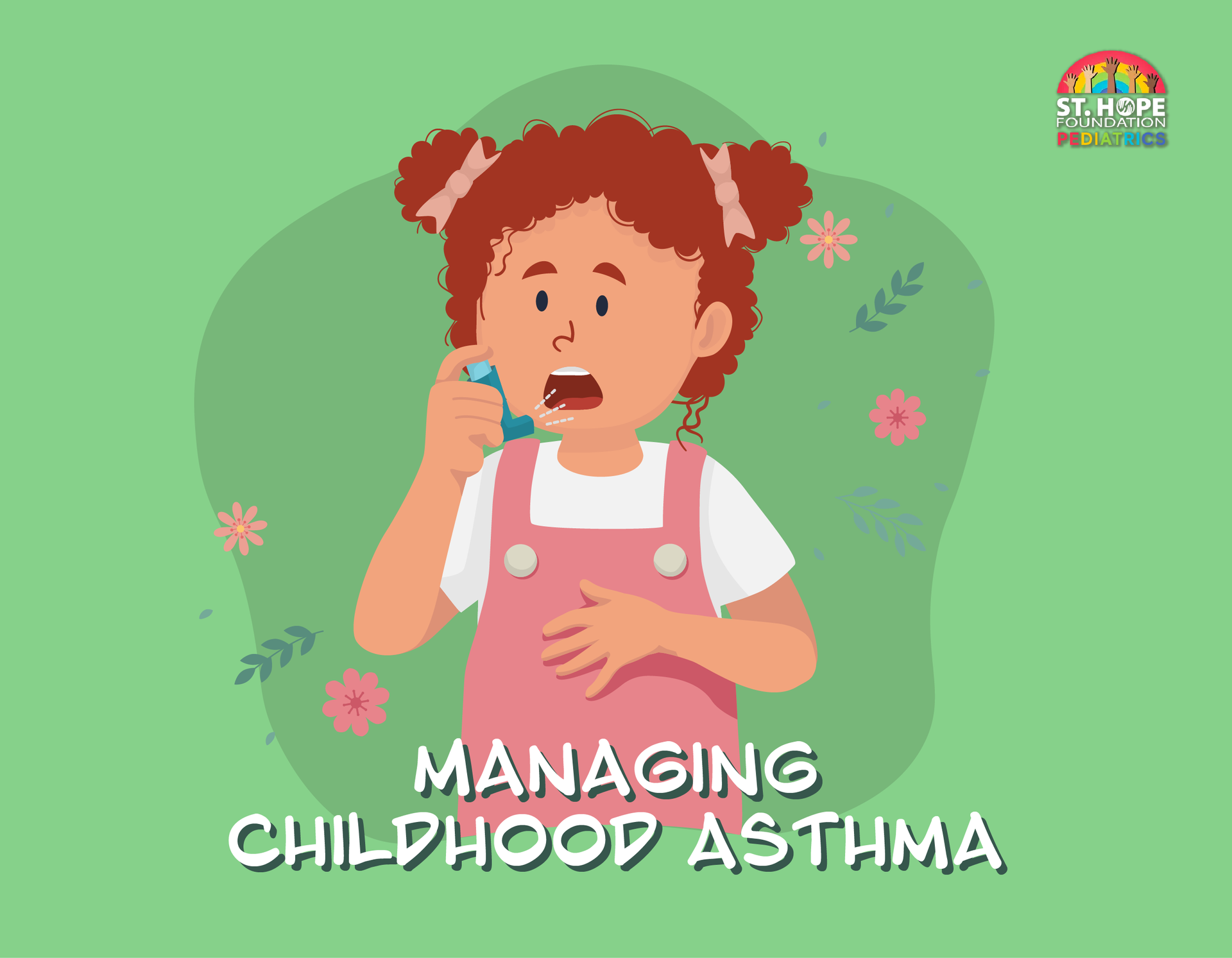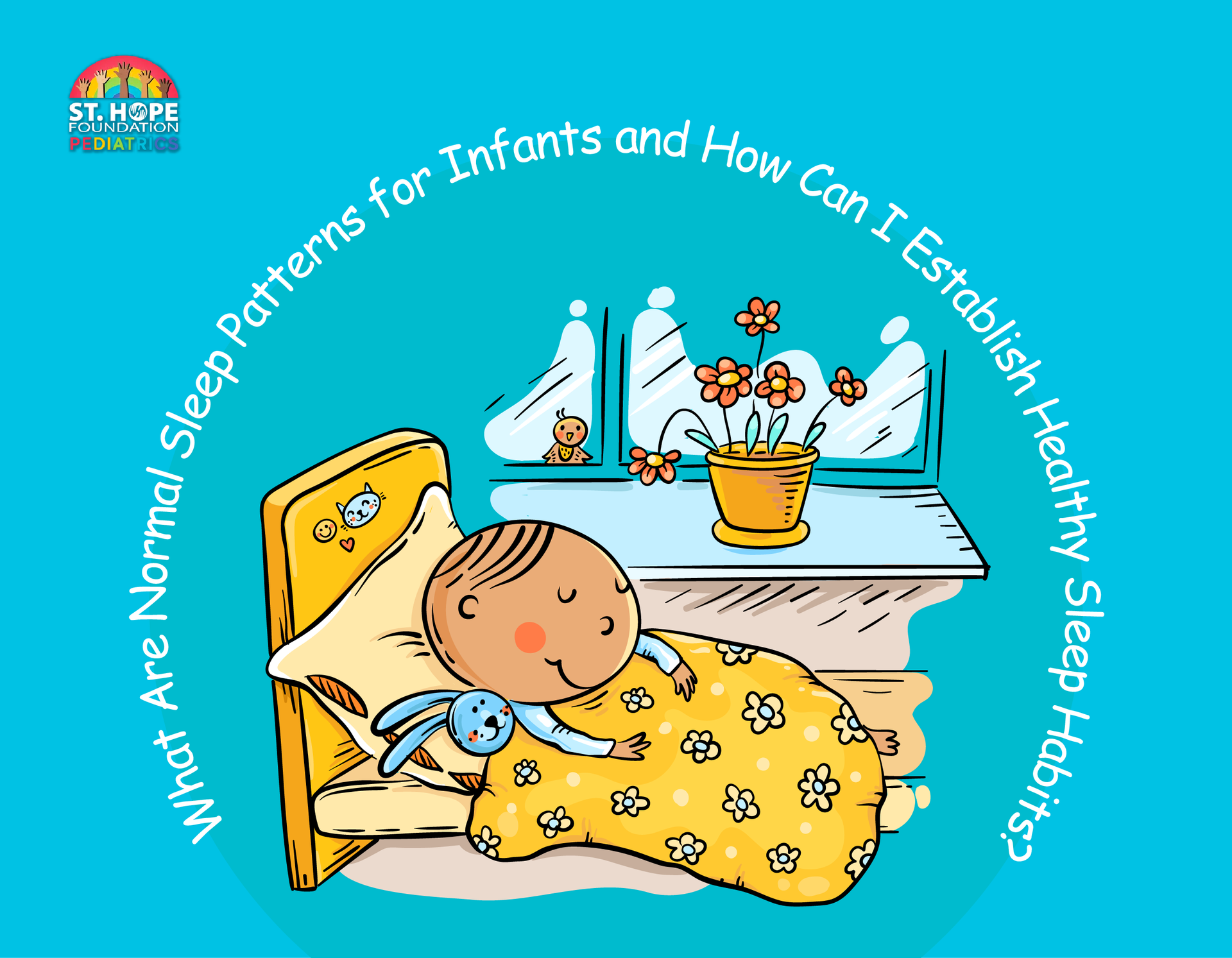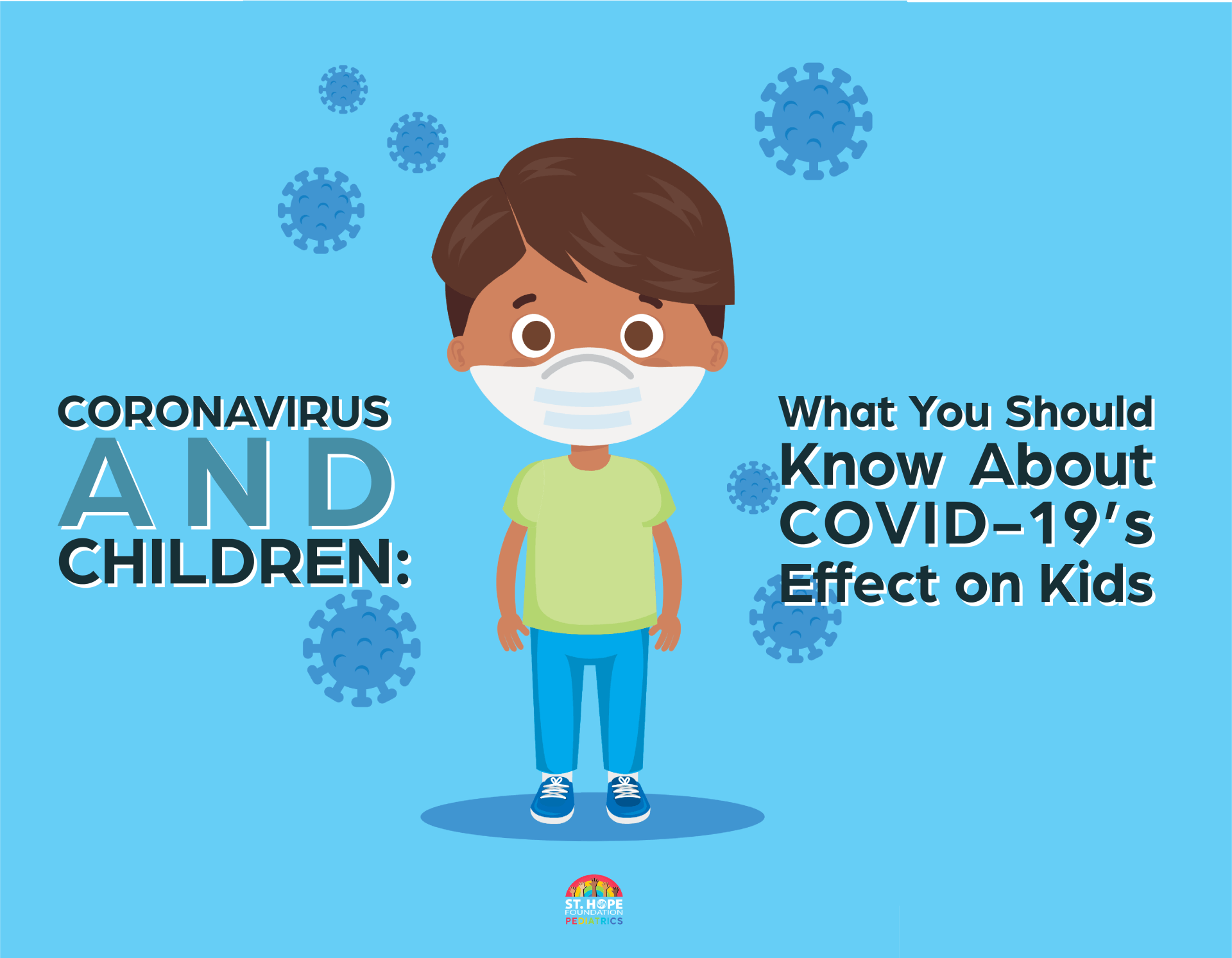
As of the start of the Fall 2022 school year, Houston schools are essentially back to normal, albeit with vigilant monitoring. Parents can stay apprised of local updates by visiting the Houston Independent School District’s COVID-19 website.
Thankfully, children are just about the lowest risk group of people when it comes to the Coronavirus. Although they generally have milder cases than adults, children can still suffer from COVID-19 complications, especially if they have certain risk factors.
COVID-19 vaccines do not have 100 percent efficacy, but they are still the best defense for protecting children from the disease.
What Are the Symptoms of COVID-19 in Children?
- Fever
- Chills
- Body/muscle aches
- Headache
- Cough
- Sore throat
- Nausea or vomiting
- Diarrhea
- Chest pain
- Congestion
- New loss of smell or taste
- Rashes or skin discoloration
How Long Do COVID-19 Symptoms Last?
In most cases, children do not exhibit Coronavirus symptoms until approximately six days after they are exposed. Some children have asymptomatic COVID-19 and will not show any signs of infection. Despite the lack of symptoms, patients with asymptomatic COVID-19 can still transmit the disease to others who may not be as fortunate.
Most children may begin to feel better within a few days of first experiencing symptoms, but it may take multiple weeks. The length and severity of symptoms varies from person to person. Patients may still transmit Coronavirus in the days after their symptoms have subsided.
What Are the Long-Term Risks of COVID-19?
Since COVID-19 is a newer disease, researchers are still learning about its long-term risks. Some patients have Long COVID-19, which is a term used to describe the presence of COVID-19 symptoms in patients who are no longer infected with the virus. Patients who suffer from more severe cases of COVID-19 tend to be at a higher risk of Long COVID-19.
Other patients, despite having mild COVID-19 symptoms, may notice lingering or emerging side effects a year, if not longer, after the initial infection. Medical experts remain concerned even with milder cases of Coronavirus because it is too soon for researchers to fully comprehend the long-term ramifications of infection or Long COVID-19.
How Can I Reduce My Child’s Risk of Catching or Spreading COVID-19?
Wear a Mask
The purpose of face masks is twofold: they reduce the wearer’s respiratory droplets from spreading to others while simultaneously blocking the wearer from inhaling droplets from somebody who may unknowingly be infected. Efficacy depends on the type of face mask. Face masks must be snug and fully cover one’s mouth and nose to be effective.
Wearing face masks is not required in schools, and the choice of whether you want your child to wear one is entirely up to you. Some parents are concerned masks may hinder education or social interactions, while others are more concerned about Coronavirus transmission, especially if they have an at-risk family member at home. If you’re not sure what you should do, consider discussing the matter with your family’s pediatrician.
COVID-19 Testing
If your child begins showing any of the symptoms of Coronavirus, medical experts recommend COVID-19 testing at a nearby testing center/pharmacy or via an at-home COVID-19 test. Do not send your child to school if you suspect they have Coronavirus or they have tested positive.
Hand Washing
Children are exposed to an astonishing number of germs at school and when participating in sports and other extracurricular activities. Washing their hands with hot, soapy water for 20 seconds is the best way to kill germs and viruses.
Vaccination
Vaccination, especially when paired with other safety measures, offers the most effective protection from COVID-19.
There is a lot of misinformation regarding the safety and the ingredients of the COVID-19 vaccines. Avoid making decisions based on what you read on social media or hear from non-medical sources of information. Discuss your concerns with your family’s pediatrician or your own primary care physician.
St. Hope Foundation Pediatrics is a judgement-free zone. We encourage parents to bring their questions and concerns to our team. You can trust our doctors to provide honest, transparent information on vaccination benefits and risks so you can make an informed decision.
Get Your Child Vaccinated in Houston
COVID-19 vaccines and other immunizations help keep children safe from diseases. The medical team at St. Hope Foundation Pediatrics is committed to your child’s health and wellbeing. If you are interested in pediatric immunizations or other services for your sick child in the greater Houston area, contact us by calling 713-778-1300 today.


